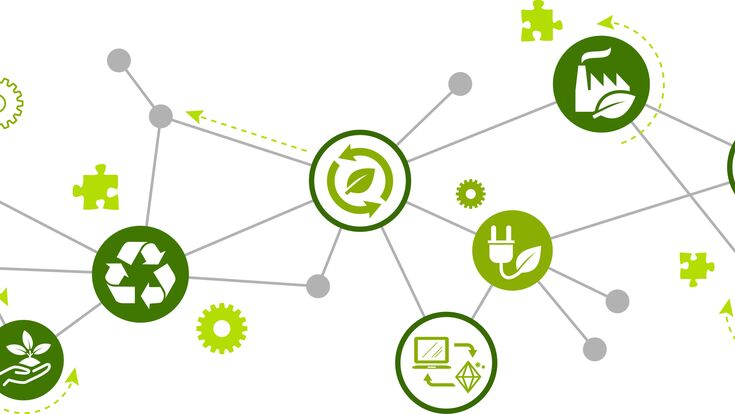Opinion : See resources, not waste!

I remember back in the 1980s when recycling in Austria really became a thing. I decorated the boxes for paper, glass and metal my mother had put on the staircase leading to the basement. I even put up signs threatening anybody who dared put something in the wrong box with a bite from either our dog, our cat or our rabbit. I was really quite fierce and determined to separate everything as well as possible. It seemed an easy way to save our planet. Something I could do. Since then, waste separation has become second nature to me.
Of course, we really have come a long way since then. (The toilet paper made from recycled material back then! Oh la la!) The technology is getting better by the day, ensuring that even hard-to-recycle materials don’t have to end up in landfills or incinerators. In addition, policymakers see the urgent need to treat waste as a resource rather than something we throw away and forget about. So more and more legislation is addressing the need to increase recycling rates and to make products more sustainable.
That said, it seems that new problems keep popping up – be it the deluge of medical waste that the pandemic caused or the problems thermal insulation presents to the recycling of construction and demolition waste. Or the increasing number of e-car batteries, a result of the decarbonisation of the transport sector, which sooner or later will reach their end of life.
The waste management industry is, of course, resourceful and inventive. But even the best ideas take time and money. And it is easiest to work within a reliable legal framework.
Researchers from Heriot-Watt University are collaborating with the UK’s largest PPE producer, Globus Group, to chemically recycle PPE waste on an economically viable level (read about it here). REDUX has developed a new method to recycle e-car batteries (read about it in this interview). The EU is preparing a new battery recycling regulation (more on that here).
But maybe what we also need is a shift in perspective – just as this Woman in Waste Management says. She wants to change the way we see and act towards waste. People should realise that when they throw something away, it becomes someone else’s problem. Her solution: see resources, not waste.

